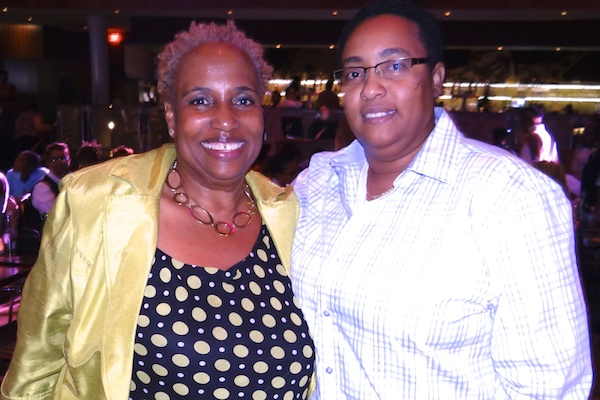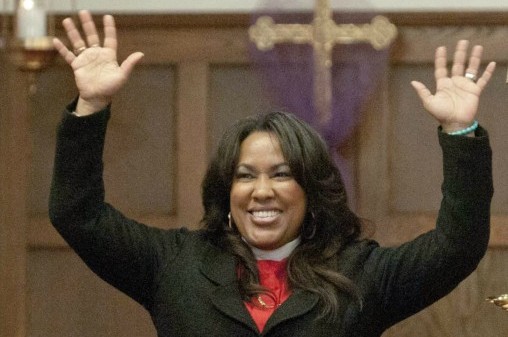

Facebook has recently updated its policies regarding dating site advertising on its platform, inviting dating sites to become “registered dating partners,” and requiring a new approval process in order to create ads on the social media site. Facebook recently denied LGBTQutie, the dating and social networking site for the entire LGBTQ community, the rights to become a “registered dating partner.” Though LGBTQutie filled out the required application, Facebook immediately denied the application “without any real chance or real explanation given,” says co-founders of the app, Rachel Kimelman and Jordan Weiss.
The reply Facebook gave included the following message: “Facebook only allows advertising from pre-approved dating sites. We are no longer accepting new applications.”
While LGBTQutie was met with this rejection, other mainstream dating sites—those that cater to predominantly heterosexual clientele—were allowed rights to advertise with Facebook. These include Zoosk, eHarmony, and Match.
“It’s not just a business issue; more importantly, it’s an LGBTQ issue,” says Kimelman and Weiss. “Facebook is standing in the way of LGBTQ entrepreneurs and the people of marginalized communities, leaving them with little chance for visibility through a major social network platform. When it comes right down to it, this is discrimination.”
The entrepreneurs had already been advertising on Facebook for two years before the policy change.
“LGBTQ start-ups are a gift to our economy, and an important way to connect people, while promoting visibility and respect for all of us. Brands like Facebook should open more doors to entrepreneurs like Rachel and Jordan, instead of closing them,” adds Bob Witeck, President of Witeck Communications, a PR and marketing company with special expertise in LGBTQ business strategies.
Though they are able to maintain a Facebook page with over 61,000 likes, they are no longer able to advertise LGBTQutie’s dating site on Facebook, which means no new ads. With this lack of support and exposure, the founders will continue to rely on posts through Facebook to engage with the current audience, though Facebook is setting more limitations and barriers on that type of marketing due to the EDGE algorithm.
Due to the rejection by Facebook, LGBTQutie will now rely upon alternative plans to effectively spread the word about the LGBTQutie app. “We pivoted our advertising strategy,” says the team. “In place of Facebook, we are advertising with an LGBT specific media outlet. We also have our other advertising methods still in place. We are gearing up for the launch of our highly demanded mobile app. So during this critical time, it is important for us to have a stable and robust launch plan. Despite this roadblock, we feel prepared that we will successfully inform the community about our app launch in February.”